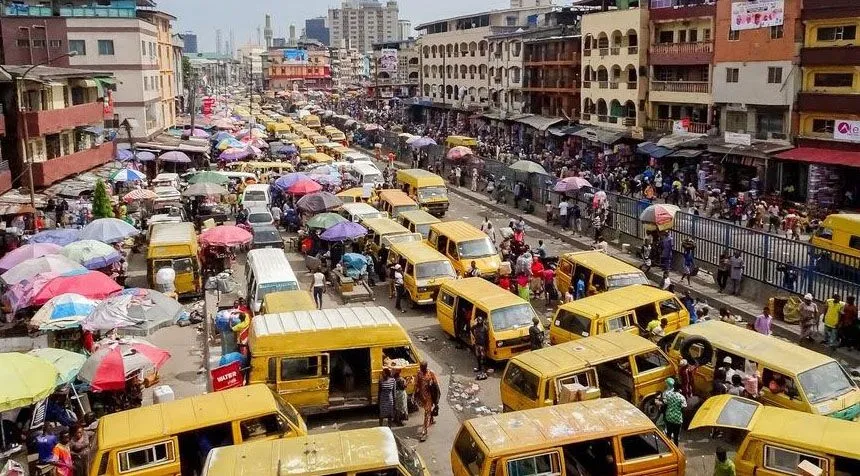The Lagos State government has said that energy, waste, and transportation sectors remain the highest emitters of Greenhouse Gases (GHG) and have continued to contribute to climate change as well as threaten to the well-being of residents and the economy of the state.
Titi Oshodi, Special Adviser to the Lagos State Governor on Climate Change and Circular Economy (OCCE) made this known when she visited the management of Lagos Metropolitan Area Transport Authority (LAMATA) over the weekend.
Oshodi called for collaboration between the Office of Climate Change and Circular Economy (OCCE) and LAMATA to stem the rising threat of climate change in the state and harness the opportunities for institutionalising circular economy as a way to create jobs and contribute to the state’s Gross Domestic Products.
She warned that the State Climate Action Plan 2020 to 2025 showed that more than half of Lagos’s 21 million population live in informal settlements, which makes them vulnerable to the impacts of climate change.
Read also:Stakeholders move to address Nigeria’s vulnerability to climate change
She explained that the Lagos State Adaptation and Resilience Plan (LCARP) estimated the effects of climate inaction at $22 to $29 billion, 11 times the state’s 2022 yearly budget.
“These numbers and statistics are worrisome,”she said. “So that is why we are on this roadshow to engage all stakeholders in reining in this menace of climate change. We want to work with key stakeholders to increase the level of advocacy and unlock the possibilities within the climate action programmes for the growth of the circular economy in Lagos.”
Mrs Abimbola Akinajo, LAMATA Managing Director on her part, said that the agency is conducting studies on alternative fuel usage in public transportation and assured that LAMATA’s regulatory functions also aim at promoting multi-fuel rolling stock to mitigate the impact of greenhouse gases on fuel in transport operations.
Akinajo explained that other fuel sources being explored in public transport operations include Compressed Natural Gas (CNG), waste-to-fuel, and biogas, as well as taking necessary measures to be able to quantify emissions.
Story was adapted from the Guardian.
